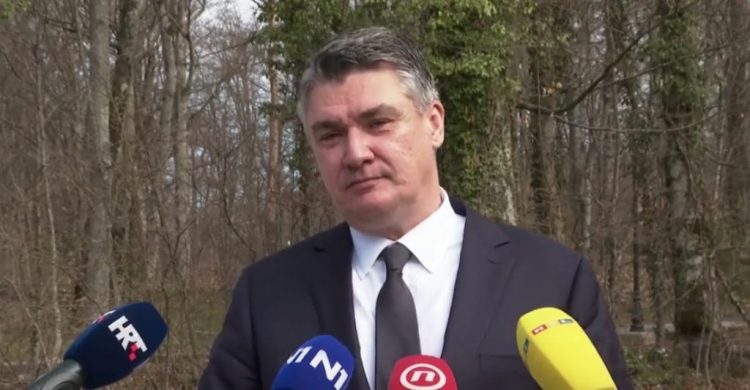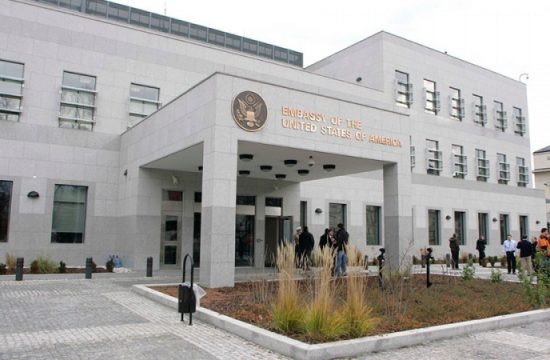
President Zoran Milanovic said on Tuesday that the reference to the Dayton agreement in NATO's communique adopted on Monday had been opposed by Germany, Italy and some other Western countries, and added that possible changes in Bosnia and Herzegovina must not happen without Croatia and Serbia.
Milanovic made the statement in Slovakia, where he participated in the GLOBSEC 2021 Forum and met with Slovakian President, Zuzana Caputova, and Polish President, Andrzej Duda.
He discussed with them the NATO summit held in Brussels on Monday, at which Croatia, Milanovic said, managed to have a reference to the Dayton peace agreement (General Framework Agreement for Peace in Bosnia and Herzegovina) incorporated in the summit’s closing declaration only after insisting on it for six days.
“That should not have happened, that should have been resolved a week ago. Somebody is against it, has a problem with the Dayton agreement and wants to dismantle it,” Milanovic said, adding that at the same time those countries were criticising the Serb BiH Presidency member Milorad Dodik for violating the Dayton agreement.
“Something is not right about that way of thinking,” he said.
Milanovic noted that a number of countries – Germany, Italy and some other Western countries – had been opposed to mentioning the Dayton peace agreement in the communique.
“Western Europe – and I’m not talking about the leaders, definitely not about Angela Merkel, is acting foolishly, undermining one of the foundations of Bosnia and Herzegovina, which, regardless of how imperfect it may be, protects it against destabilization,” he said.
Criticism of German diplomacy
Milanovic went on to say that talks on the communique had not been conducted by the German chancellor but by the German foreign ministry which, he said, was headed by a political camp different from Merkel’s and one he felt close to, “namely by people who in their fantasy are prone to making silly experiments.”
The current German foreign minister is Heiko Maas, a member of the Social Democrats who are part of the coalition government with Merkel’s Christian Democratic Union (CDU).
Some Western European countries advocate a so-called civic model for Bosnia and Herzegovina to replace the concept of three constituent peoples envisaged by the Dayton peace agreement. Commenting on that on Monday, Milanovic said that “it sounds very noble but is actually a hoax.”
“They should do it back at home. Bosnia and Herzegovina is as it is, we share a long border and we will soon have to guard it for the Schengen area,” he said.
Milanovic stressed that plans for Bosnia and Herzegovina could not be made “under the radar” and that any changes in the neighbouring country had to involve Croatia and Serbia, co-signatories to the Dayton agreement, adding that he had explained this to his Slovakian and Polish counterparts.
“That is how things are done in diplomacy, as far as I can remember. I used to be a diplomat and I never caused a scandal. Then I entered politics and in politics you have to cause scandals to be heard,” he said.







Kakvo je tvoje mišljenje o ovome?
Budi prvi koji će ostaviti komentar!